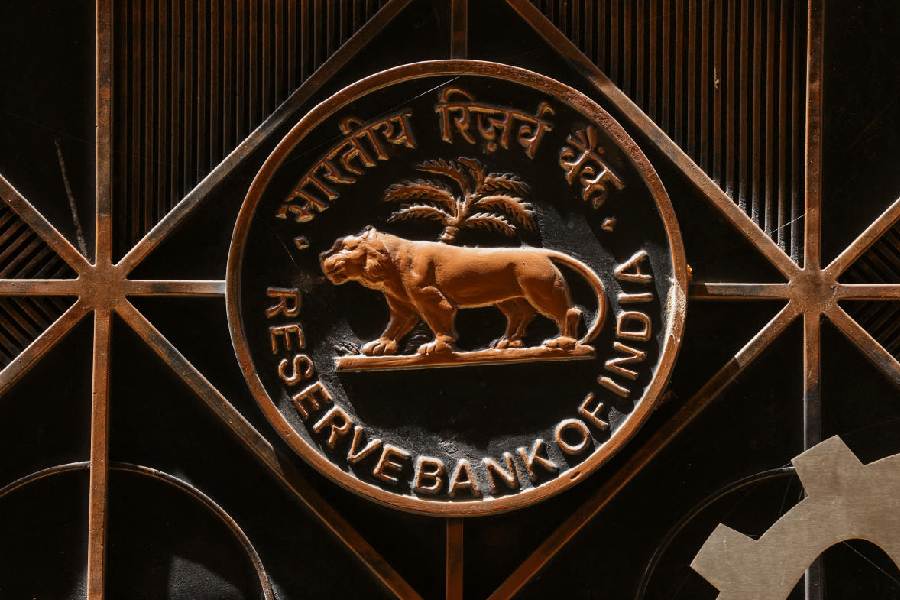Reserve Bank Deputy Governor T Rabi Sankar on Friday said the high cost of remittances for countries despite the available technology was “unconscionable”, and India is in talks with more jurisdictions to make a material impact on cross-border payments.
Sankar, during a virtual address at the BCC&I Indo-Pacific Economic Conclave, said according to World Bank research, global cross-border remittance in 2022 was estimated to be USD 830 billion, and India was the top recipient.
“As per the World Bank's remittance prices worldwide database, the global average cost of a retail size of remittance (retail size - USD 200) was 6.2 per cent in the fourth quarter of 2022. For some countries, this cost can be as high as 8 per cent.
“Such a high cost in today's context, when data connectivity is so cheap, is simply unconscionable. I believe that given the available technology, the present situation is not sustainable,” he said.
The top RBI official said India has been making efforts to tackle the challenge of the high cost of remittances, and the newly introduced central bank digital currency (CBDC) offers a potential solution in this context.
“If we come up with a technologically viable solution to link the CBDC systems across countries, it can dramatically bring down cost of cross-border payments by completely bypassing the legacy correspondent banking system,” Sankar said.
He, however, said this will require international cooperation and agreement on multiple legal and technological protocols, “something which should be quite doable in today's hyper-connected global economy”, especially when the welfare gains are substantial.
“We are in talks with some other jurisdictions to make a material impact on the high cost of remittances,” said Sankar.
In February this year, India and Singapore had enabled the UPI-PayNow linkage to enable users in either country to make convenient, safe, instant and cost-effective cross-border transfers using their respective mobile apps.
“We have followed up on this in July by signing an MoU with the Central Bank of the UAE (for) cooperation regarding interlinking on mutual payments and messaging systems, among other things,” Sankar added.
Except for the headline, this story has not been edited by The Telegraph Online staff and has been published from a syndicated feed.











